Plants dying right after mulch laid... nitrogen robbing or?
turquoisegardenia
11 years ago
Featured Answer
Sort by:Oldest
Comments (24)
Laurel Zito
11 years agotoxcrusadr
11 years agoRelated Professionals
Arlington Landscape Contractors · Jackson Landscape Contractors · Tempe Landscape Contractors · Clayton Landscape Contractors · Eagle Landscape Contractors · Mount Sinai Landscape Contractors · Peachtree City Landscape Contractors · View Park-Windsor Hills Landscape Contractors · Waldorf Landscape Contractors · West Covina Landscape Contractors · Ashburn Decks, Patios & Outdoor Enclosures · Green Bay Decks, Patios & Outdoor Enclosures · Mobile Decks, Patios & Outdoor Enclosures · Racine Decks, Patios & Outdoor Enclosures · Wheaton Decks, Patios & Outdoor EnclosuresLaurel Zito
11 years agomytime
11 years agoLloyd
11 years agostrobiculate
11 years agoturquoisegardenia
11 years agotoxcrusadr
11 years agomytime
11 years agoKimmsr
11 years agojolj
11 years agoffreidl
11 years agoLaurel Zito
11 years agophxplantaddict
11 years agoKimmsr
11 years agophxplantaddict
11 years agoLaurel Zito
11 years agogirlgroupgirl
11 years agoCarrotHeidi
11 years agotoxcrusadr
11 years agotmbaker63
8 years agolisanti07028
8 years agolisanti07028
8 years ago
Related Stories

GARDENING GUIDESNew Ways to Think About All That Mulch in the Garden
Before you go making a mountain out of a mulch hill, learn the facts about what your plants and soil really want
Full Story
GARDENING GUIDESHow to Pick a Mulch — and Why Your Soil Wants It
There's more to topdressing than shredded wood. Learn about mulch types, costs and design considerations here
Full Story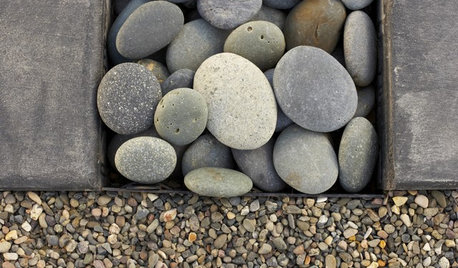
LANDSCAPE DESIGNThe Right Stone for Your Garden Design
Gravel, pebble, cobble and paddle: Stones vary in size and shape, and have different uses in the landscape
Full Story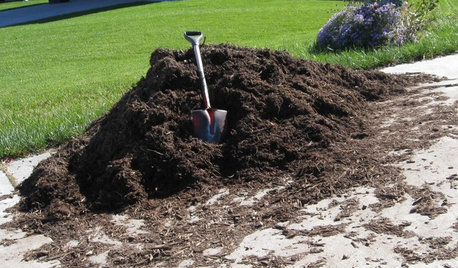
FRONT YARD IDEASBefore and After: Front Lawn to Prairie Garden
How they did it: Homeowners create a plan, stick to it and keep the neighbors (and wildlife) in mind
Full Story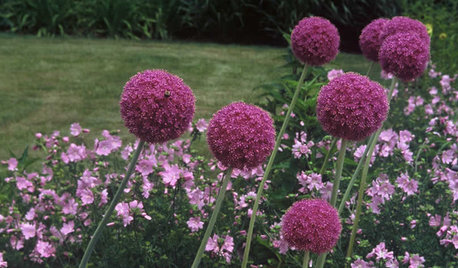
GARDENING GUIDES6 Unsung Bulbs for Fall Planting
Don't hang up your spade after summer — plant these unusual bulbs in fall for a spectacular spring show
Full Story
GARDENING GUIDESGarden Myths to Debunk as You Dig This Fall and Rest Over Winter
Termites hate wood mulch, don’t amend soil for trees, avoid gravel in planters — and more nuggets of garden wisdom
Full Story
FARM YOUR YARDHow to Build a Raised Bed for Your Veggies and Plants
Whether you’re farming your parking strip or beautifying your backyard, a planting box you make yourself can come in mighty handy
Full Story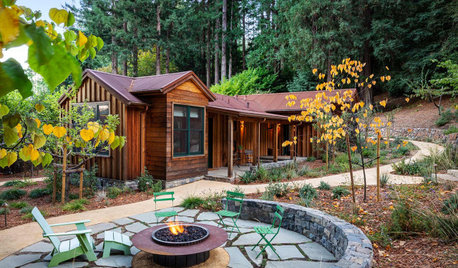
FALL GARDENING7 Reasons Not to Clean Up Your Fall Garden
Before you pluck and rake, consider wildlife, the health of your plants and your own right to relax
Full Story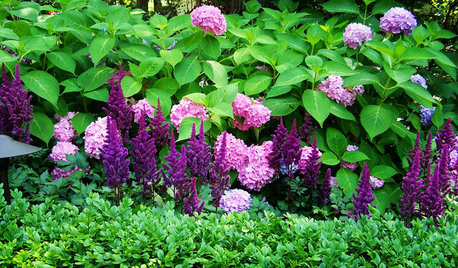
GARDENING GUIDESSoutheast Gardener's May Checklist
Bask in the blooms and mind your mulch this month; summer means lots to savor and lots to do in the garden
Full Story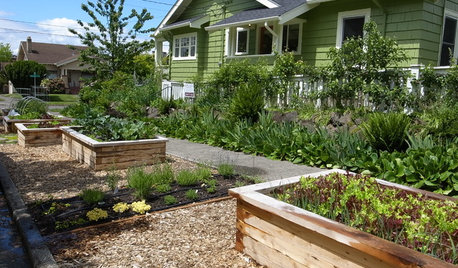
BEFORE AND AFTERSSee 6 Yards Transformed by Losing Their Lawns
Wondering whether a turf lawn is the best use of your outdoor space? These homeowners did, and they found creative alternatives
Full Story






tmbaker63